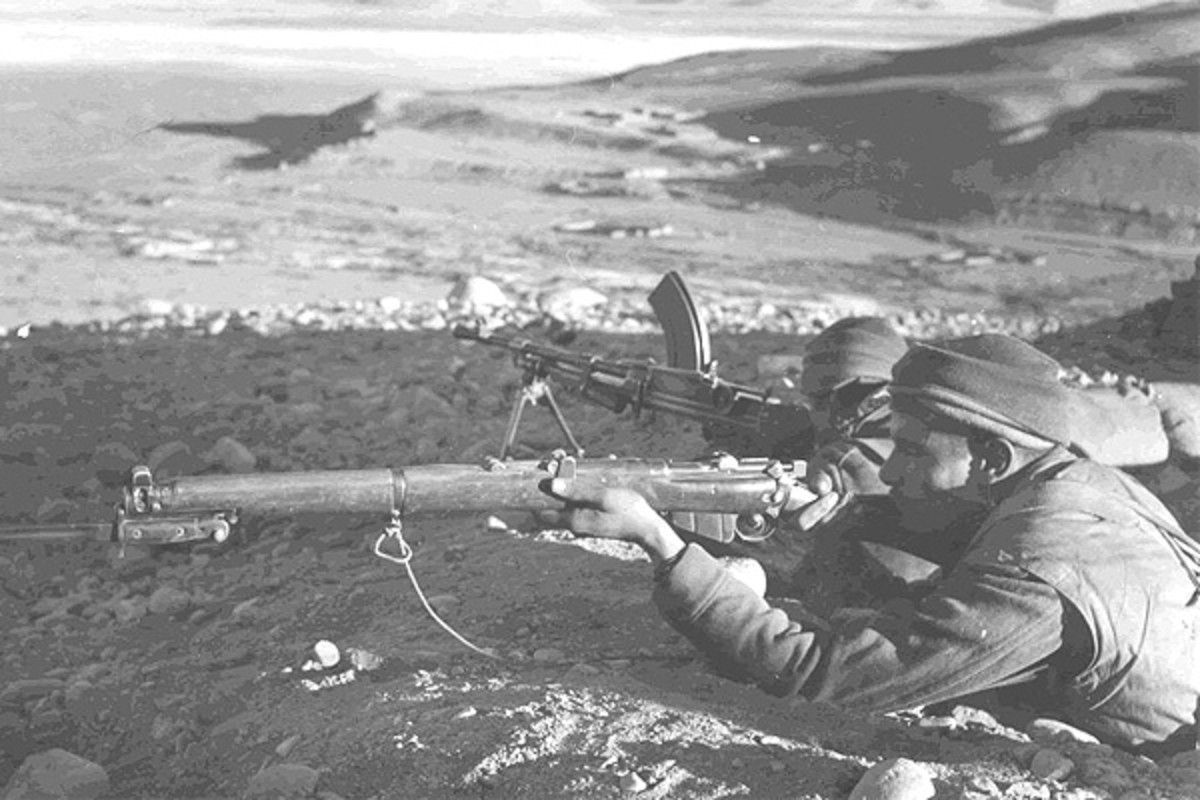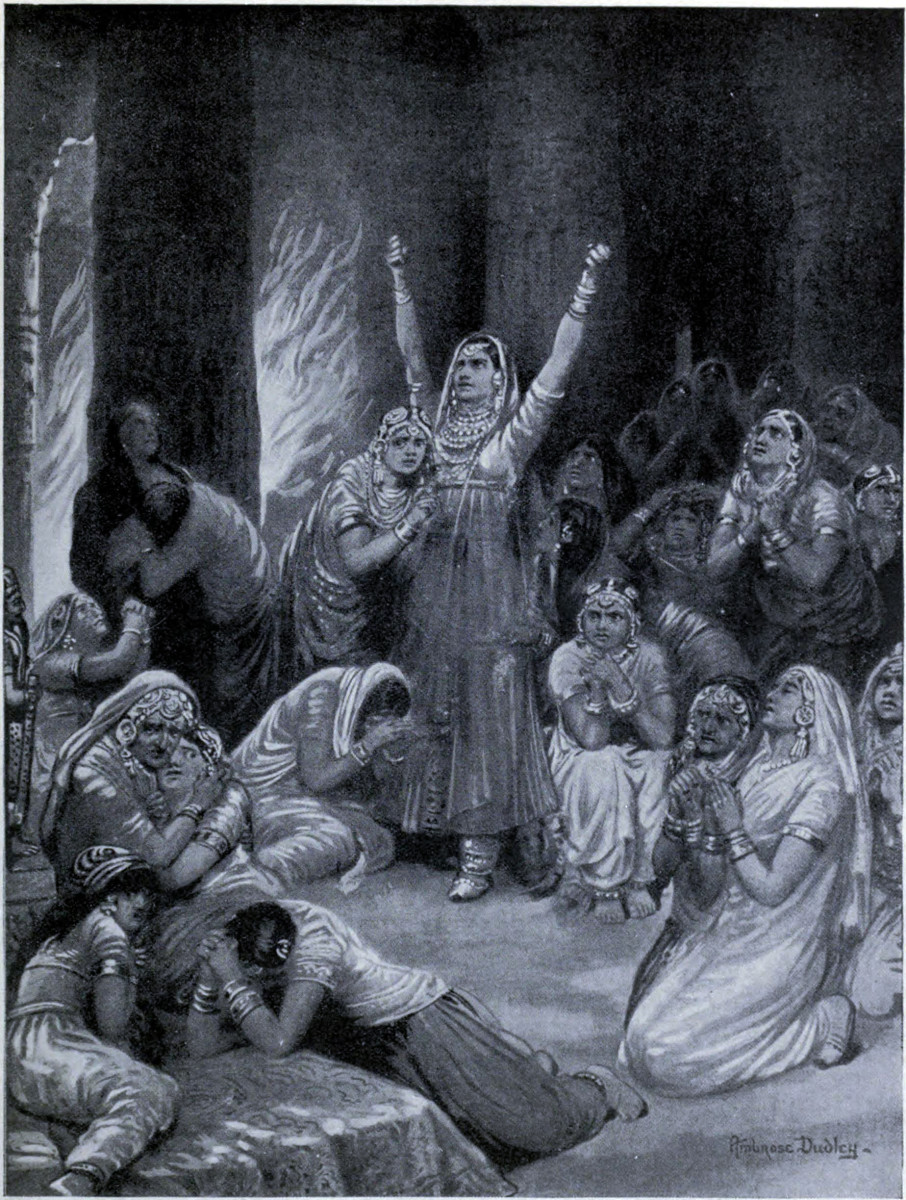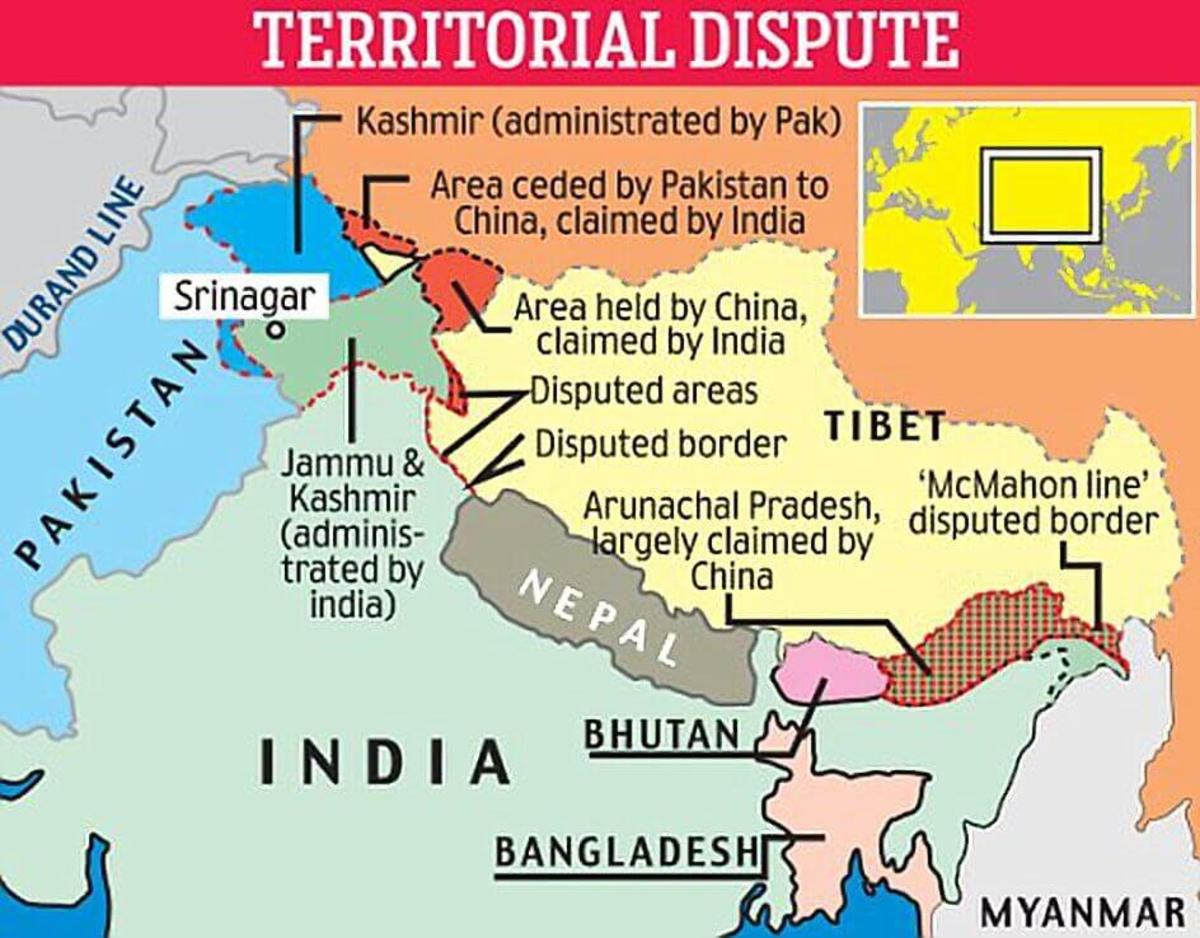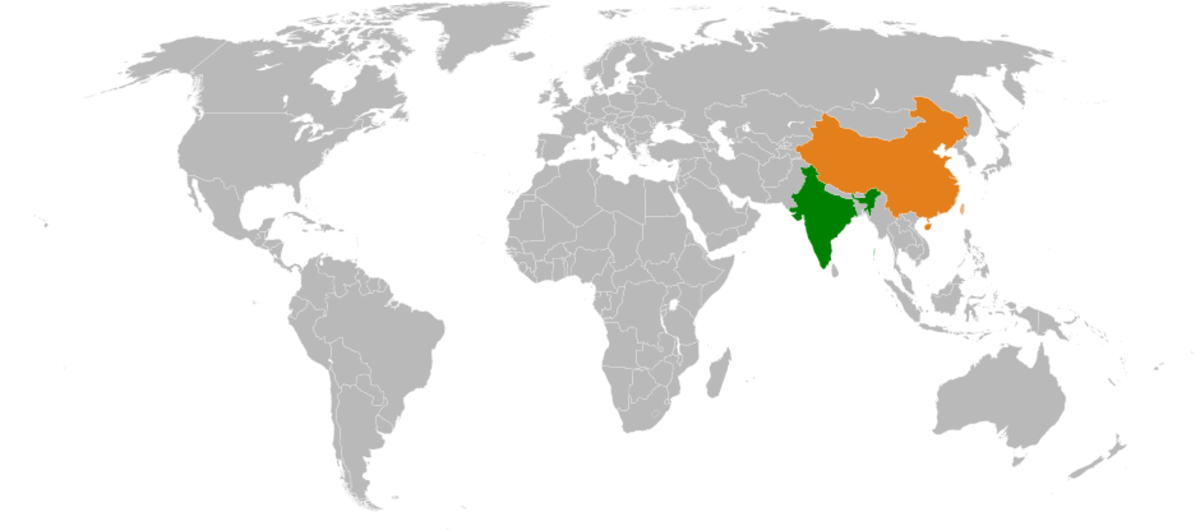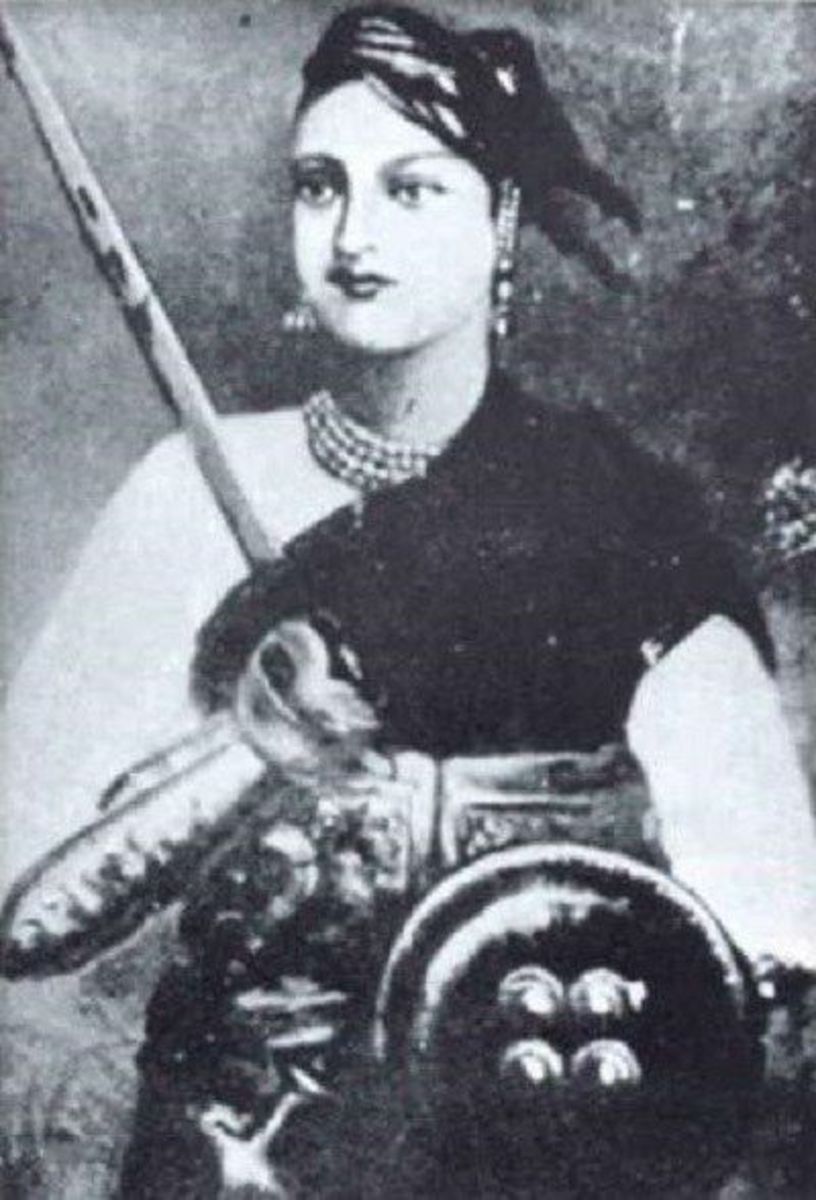- HubPages»
- Education and Science»
- History & Archaeology»
- History of Asia
How Mansarovar and Mount Kailash the Holiest Shrine of Hindus Went Under Chinese Control
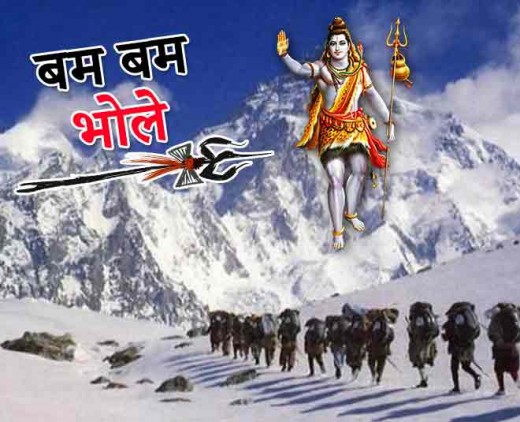
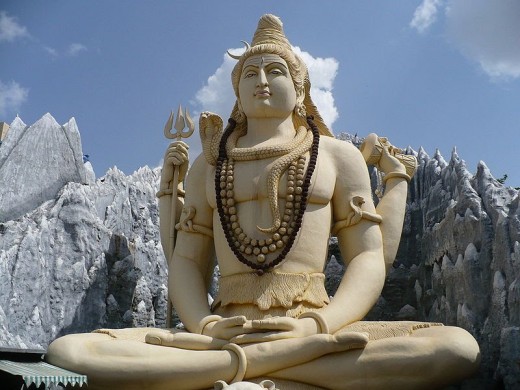
Introduction
Lord Shiva is one of the most powerful gods in the Hindu pantheon. Along with Vishnu and Krishna, he forms the trilogy of gods that are supreme in Hinduism. He is one of the most powerful gods who is also the ruler of the three worlds as well as being the creator and destroyer. He has many manifestations and his fierce manifestation is Kaal Bhairon.
Lord Shiva is supposed to reside at Mount Kailash in the Himalayas. His place of penance is Mansarover a lake and a mountain which for time immemorial was visited by Hindus from all over India but now it is under the control of China. Hindu pilgrims have to take a visa to visit Mansarover to pray and pay obeisance to the Lord. The abode of Shiva is located in South West Tibet very close to the Indian border. It has two freshwater lakes and a mountain ( Mount Kailash) that has never been climbed. Lord Shiva is supposed to sit on top of this mountain and meditate. Pilgrims circumambulate the mountain and lake to absolve them of all their sins.
How did this happen? A place of pilgrimage which for centuries had access to Hindu pilgrims has gone under control of China? It happened because of one foolish leader who appeared on the scene and I am afraid it's none other than Pandit Jawaharlal Nehru, the first prime minister of India.
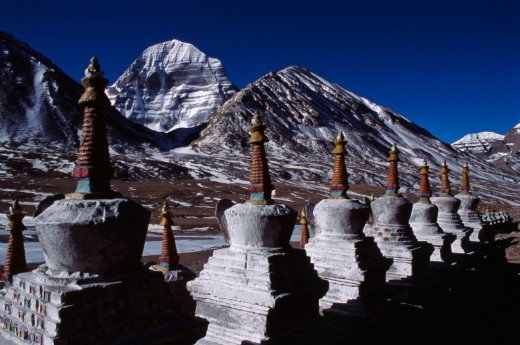
The Raj
That Raj is an indelible part of Indian history that lasted for 200 years. It brought stability to the subcontinent. In addition, the biggest benefit to India was the independence of Tibet. Tibet was almost like a protectorate and the British Indian army maintained troops at a number of places in Tibet. The British codified the border with Tibet by the tripartite pact between them, Tibet, and China by the Simla agreement of 1913.
During this period movement of individuals and other people between India and Tibet was free as Indo-Tibet had an open border. Kailash Mansarovar located in South Western Tibet was close to the Indian border and pilgrims could freely visit the holy place. There was no requirement of any passport or document because of the open border. It must be mentioned here that during the reign of Ranjit Singh, one of his generals Zoravar Singh captured this area and incorporated it in the Sikh empire.
In 1947, Indian was granted freedom by the British by the Indian Independence Act 1946 which was passed by both houses of parliament in London. Gandhi and Nehru who were the top Indian leaders had independence and power given to them on a platter. They failed to understand the significance of the gift of the British. In 1947 in India inherited all the liabilities and gifts of the Raj and it was incumbent on the new leadership to build on it. Gandhi passed away leaving Nehru as the sole leader.
Nehru became prime minister but he failed to realize the geopolitical environment. For 3 years the status quo continued as China was busy in a civil war. The Nationalist Party and the Communist party had a massive battle on after the occupation of Japan had ended. The Nationalists supported by the United States were defeated and their leader Chiang Kai Shek escaped by the skin of his teeth to Formosa.
.Mao Tse Tung took over as dictator of China but Nehru never realized the true nature of Communism and Mao's character in particular. He had three years to consolidate his Tibet policy and as Kailash Mansarovar was close to Indian border he could have easily incorporated it in the Indian Union and it is on the cards that Tibet beset by a fear of China would have acquiesced. In any case it was part of the Sikh empire and ipso facto part of India.
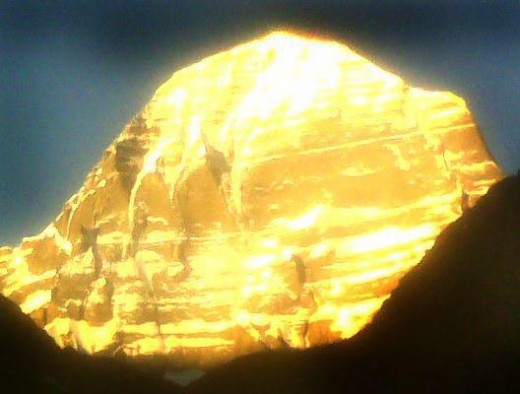
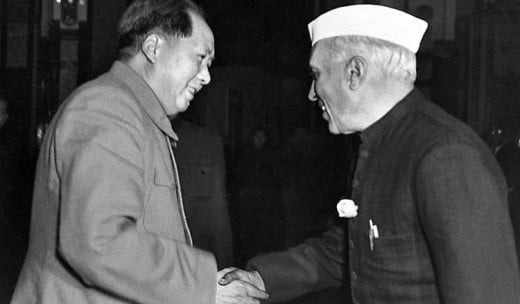
Losing the Abode of Shiva to China
Mao did not waste time and after winning the war in 1949 and at the first opportunity invaded Tibet in 1950. The ragtag Tibetan army with outdated weapons was no match and was defeated. Sardar Vallabhai Patel the home minister wanted India to intervene on the side of Tibet but Nehru decided otherwise. His thinking was warped. He believed China and India would be friends as both were exploited by imperialist powers. He failed to realize that imperialism was dead and the world had changed. He clung to this belief and allowed China a free run in Tibet in the fond hope that India China would be friends.
Nehru believed that China would accept the hand of friendship offered by him. The net result was that China occupied Tibet and clamped down on the Tibet population. They began by destroying monasteries and forcing Tibetan nuns to marry the Chinese soldiers. They also came on the doorstep of India and after 2000 years India and China had a common border. They occupied the border and China posted troops all along. For some time, they allowed pilgrims from India but in 1959 after the Khampa revolt against Chinese rule, stopped all access to this holy place. It remained closed to Indian pilgrims for decades.
These were momentous times and in 1962 the Chinese fought a border war with India and wrested more territory including incorporating entire Aksai Chin in China. Nehru was left holding his hands, wondering all the time why China had spurned his hand of friendship. This was the time that Kailash Mansarovar became "out of bounds" to Hindu pilgrims from India. Access was restored in a limited way and few pilgrims were allowed after decades but with visa and passport. Nehru in one stroke had handed the holy area-the holiest place in Hindu mythology to China because he failed to perceive the Chinese intent and also his lack of strategic sense. In 1947 this entire area was a no-mans land and it was a cinch to set up Indian administration there but he failed and paid the price. In the process, he shackled India forever in the future.
He similarly lost the entire Aksai Chin to China as he failed to police the area and set up any administration there. He compounded matters by stating "not a blade of grass grows there'"

